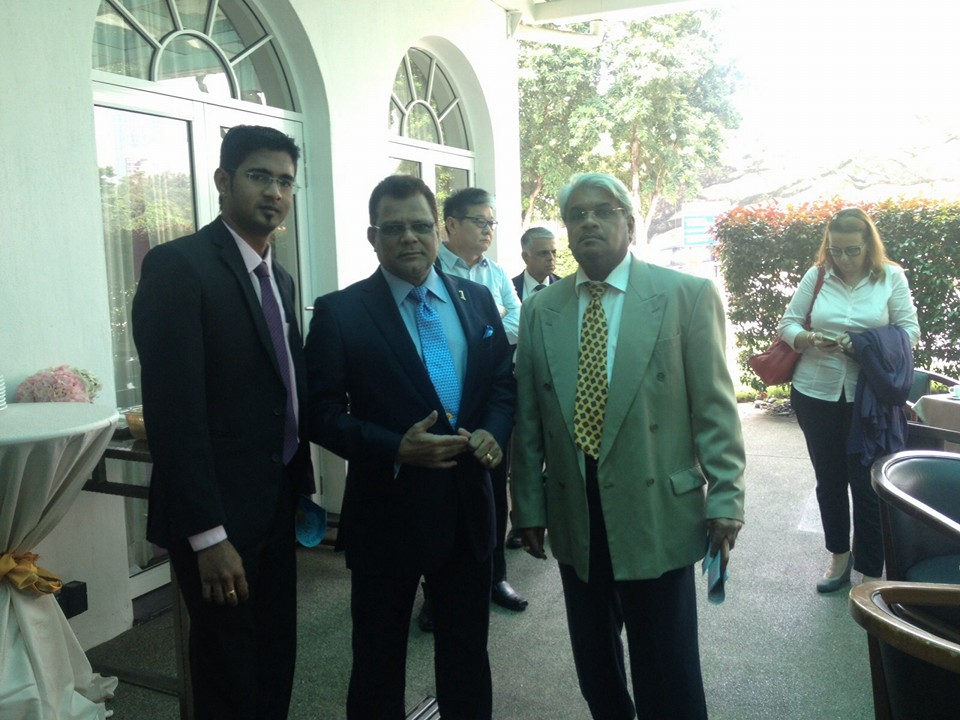
And it allows me to anchor thoughts and point back to them a few seconds later. It's more interactive than a slide deck there is activity on my part and anticipation on their part. It also gives me a bit of cushion if I end up being too technical or too nerdy.įifth strategy: For me, depending on the subject matter, a whiteboard can be a huge advantage. Doing this creates an initial connection that helps with the more detailed information to follow. Almost always, I can use some self-deprecating humor, especially if it relates to me being a nerd or a geek. If they aren't smiling, or nodding, or they are looking at their phones, or they have a slight crease in their foreheads, I know I'm a nerd, and I need to reset.įourth strategy: Any time I talk or present, my first job with the audience is to make them feel comfortable, and to break down that initial tension. People will almost always nod, smile, and keep eye contact when they are tracking. Some presenters and speakers are oblivious to social and facial cues. Communication is a two-way street, and your audience will be much more willing to do the hard work of listening if they think you are genuinely interested in them and have done the hard work of preparing well. People do not care how smart you think you are, or how much you know. If I start at too high a level and say, "If this is something you don't know, let me know," people won't say anything, because they don't want to look stupid in a room full of their peers. If this is something you already know, let me know." Sometimes I even preface it by saying, "I don't want to insult your intelligence. I try to determine their level of expertise beforehand and then start talking at a level slightly below where I think they are. Instead, I follow five strategies I've found to be very useful.įirst strategy: You have to know your audience. But not that they have any grasp of the technical details on the topic we are discussing. The only assumption I make is that my audience is smart. What are some effective strategies for doing this?įoster: As CTO, I do a significant number of presentations to a wide variety of audiences that differ vastly in experience, age, vocation, and technical skill. The Enterprisers Project (TEP): Every CIO and CTO struggles with the challenge of communicating complex IT concepts to a non-technical audience.


Plex provides cloud-hosted ERP for the manufacturing sector.

In an interview with The Enterprisers Project, Jerry Foster, CTO of Plex, provides some great suggestions. It's a question that bedevils every tech professional: How do you help business colleagues with no technical training and limited exposure to technology management understand the complex issues you deal with every day? Especially when it's vital that they understand, so they can make important decisions about budgets and priorities?


 0 kommentar(er)
0 kommentar(er)
